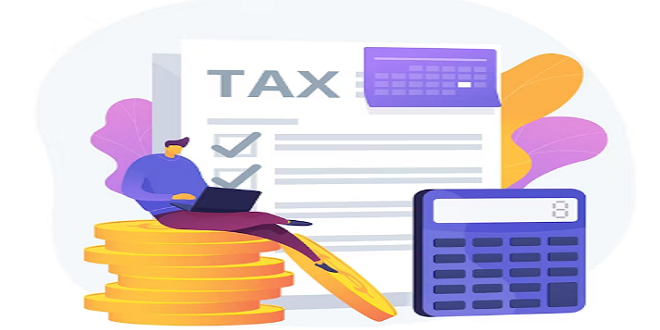Mutual funds are a popular investment option for many individuals as they provide diversification and professional management of assets. However, investors must be aware of the tax implications of mutual fund investments. Here are some strategies to minimize taxes on your mutual funds investment.
Choose Tax-Efficient Mutual Funds
Not all mutual funds are created equal when it comes to taxes. Some mutual funds distribute more taxable capital gains than others. It is important to research and choose tax-efficient mutual funds that have a track record of distributing lower amounts of taxable capital gains. The tax efficiency of a mutual fund is often measured by its turnover ratio. A lower turnover ratio implies that the fund manager is buying and selling securities less frequently, which reduces the chances of realizing capital gains and generating tax liabilities.
Hold Investments for the Long Term
Short-term capital gains are taxed at higher rates than long-term capital gains. Capital gains from mutual funds held for less than a year are subject to short-term capital gains tax rates, which can be as high as 37% for high-income earners. On the other hand, capital gains from mutual funds held for more than a year are taxed at long-term capital gains tax rates, which are generally lower than short-term rates. Therefore, holding mutual fund investments for the long term can help minimize taxes.
Consider Tax-Loss Harvesting
Tax-loss harvesting is a strategy that involves selling losing investments to offset capital gains and tax liabilities. If you have realized capital gains from other investments during the year, you can sell mutual fund investments that have lost value to offset the gains and reduce your tax bill. This strategy can be particularly useful in a year when you have realized significant capital gains.
Reinvest Dividends in Tax-Deferred Accounts
Dividends from mutual fund investments are subject to taxes in the year they are distributed, regardless of whether they are reinvested or not. Reinvesting dividends in a tax-deferred retirement account, such as an Individual Retirement Account (IRA) or a 401(k), can help defer taxes on the dividends until retirement. This strategy can help reduce your taxable income during your working years and help you save for retirement.
Use Tax-Advantaged Accounts for Investments
Investing in mutual funds through tax-advantaged accounts, such as an IRA or a 401(k), can help reduce taxes on your investments. Contributions to these accounts are generally tax-deductible, and investments grow tax-free until they are withdrawn. Withdrawals from these accounts are subject to income tax but are generally taxed at a lower rate during retirement when your income is likely to be lower.
Another way to minimize taxes on your mutual fund investments is by utilizing tax-advantaged accounts. Retirement accounts such as IRAs and 401(k)s offer tax-deferred or tax-free growth, depending on the type of account. By investing in mutual funds within these accounts, you can avoid paying taxes on capital gains and dividends until you withdraw the funds in retirement.
Additionally, it is important to consider the tax efficiency of the mutual fund nav you are investing in. Some mutual funds are structured in a way that generates more taxable income than others, such as actively managed funds that frequently buy and sell securities. On the other hand, index funds and exchange-traded funds (ETFs) are typically more tax-efficient as they have lower turnover and are designed to track a market index.
Another strategy to minimize taxes on your mutual fund investments is to utilize tax-loss harvesting. This involves selling losing investments to offset gains in other areas of your portfolio. However, it is important to note that there are specific rules and limitations when it comes to tax-loss harvesting, so it is best to consult with a financial advisor before implementing this strategy.
Finally, it is crucial to stay informed and up-to-date on changes in tax laws and regulations. Tax laws can change frequently, and staying informed can help you make informed investment decisions that minimize your tax liability. Working with a financial advisor or tax professional can also be beneficial in navigating the complexities of tax laws and regulations.
Conclusion
Minimizing taxes on your mutual fund investments requires a combination of strategic investment decisions, utilization of tax-advantaged accounts, tax-efficient mutual fund selection, tax-loss harvesting, and staying informed on changes in tax laws and regulations. By taking these steps, you can potentially reduce your tax liability and increase your overall investment returns. It is important to consult with a financial advisor or tax professional to determine the best strategies for your individual investment and tax situation. After conducting thorough research and analysis of various mutual funds, it’s important to carefully track the mutual fund nav to make informed decisions about when to buy or sell shares in order to maximize returns.
 Pagalmusiq.com Popular News Update Website | Pagalmusiq.com
Pagalmusiq.com Popular News Update Website | Pagalmusiq.com




